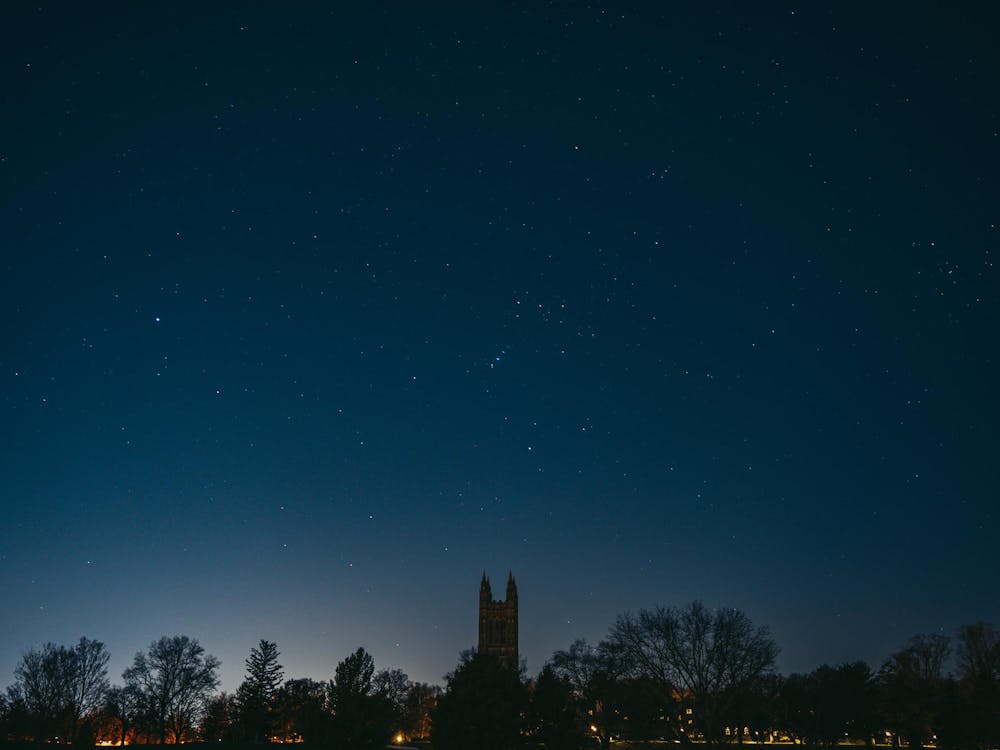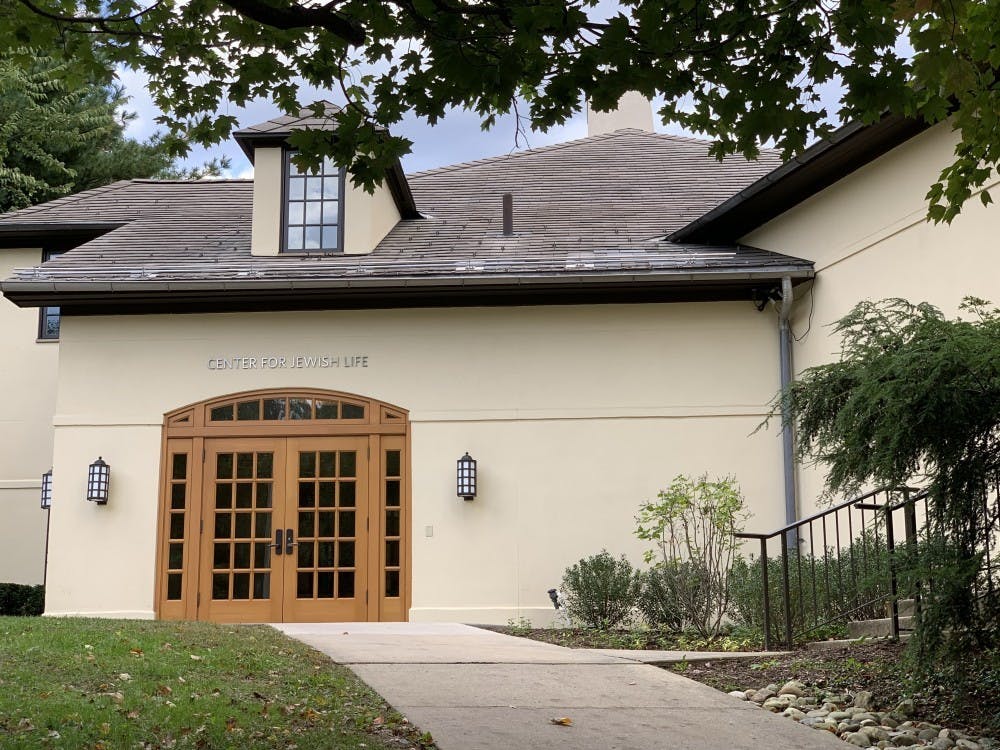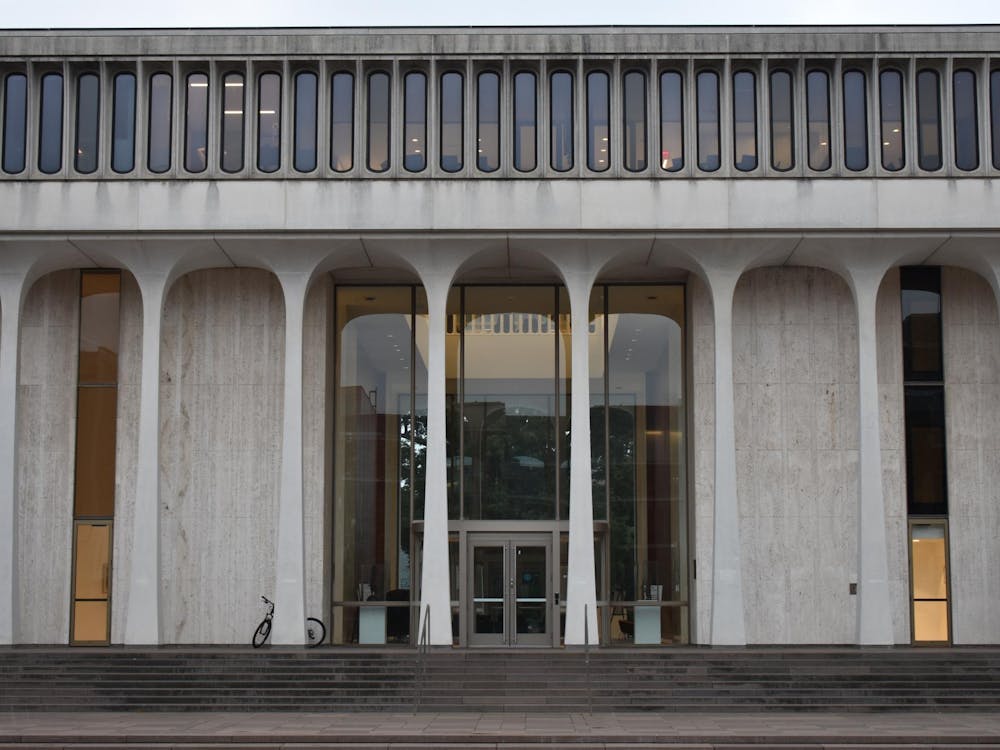Before delivering a public lecture on Thursday afternoon, Tunisian president Moncef Marzouki spoke briefly with The Daily Princetonian about the challenges he faces as president and the reasons for his visit.
The Daily Princetonian: What would you say right now are the greatest challenges to your presidency? What steps will you take to strengthen the new democracy?
Moncef Marzouki: Well, it’s a very difficult question because democracy is a process; it’s continuous experimentation, and you have to face a lot of difficulties everywhere. When you set up a democracy, you will face new problems. For instance, now you will see what happened in Egypt. A lot of people thought that Arab Spring would last years and years, and in fact it didn’t last more than one year. So experimentation is going on everywhere in the Arab world with different paces. In Tunisia, we are trying to do our best to set up this democracy, but it’s not easy at all. For instance, I’ll just give you an example: When you believe in the independence of judiciary and you have to deal with corrupted judges. And, you know, judges will feel that your independence of judiciary means to be independent toward the government but not all the political parties, so how do we deal with that? But I’m going to talk about this during the lecture. Those problems are very, very old. They are, I would say, structural and you have every time to find a new solution for old problems.
DP: What are your plans here? Are you going anywhere else?
MM: No, I’m going back home tomorrow. We have a very difficult situation in Tunisia, like all Arab countries, because we have very difficult transition period. So I just come here to participate in UN activities and I have to go tomorrow back home.








